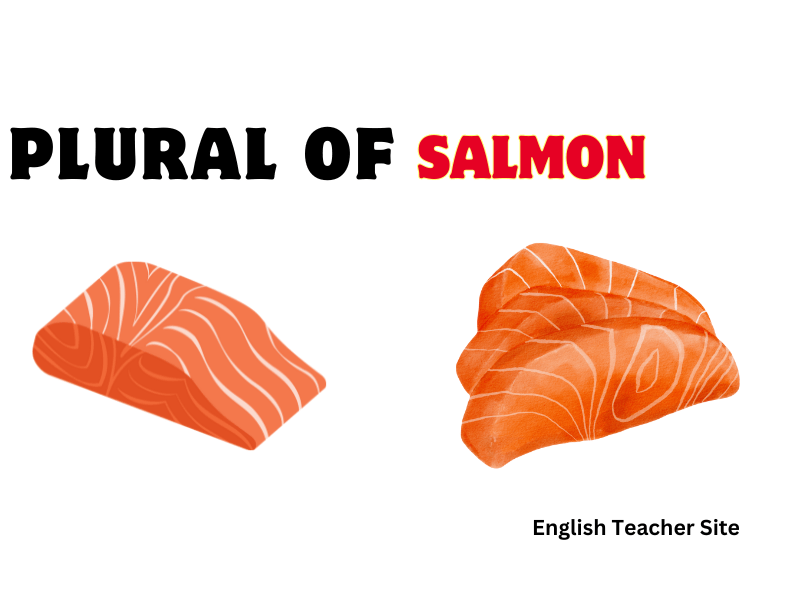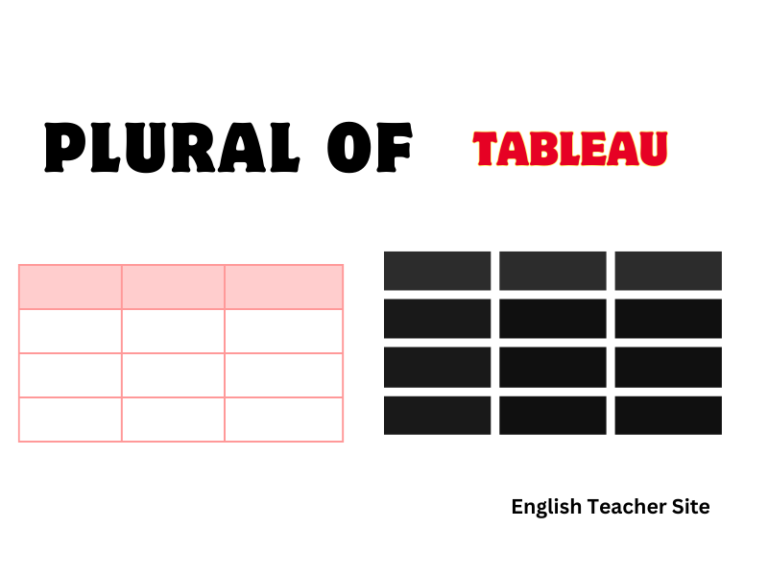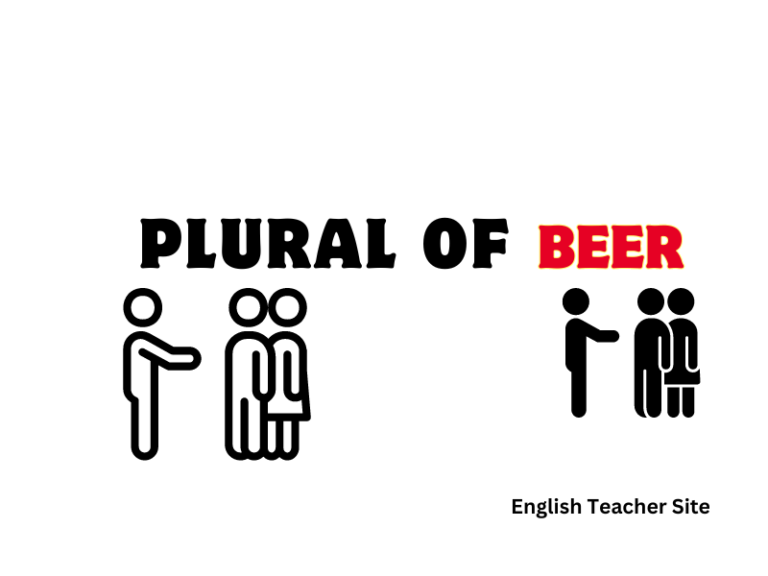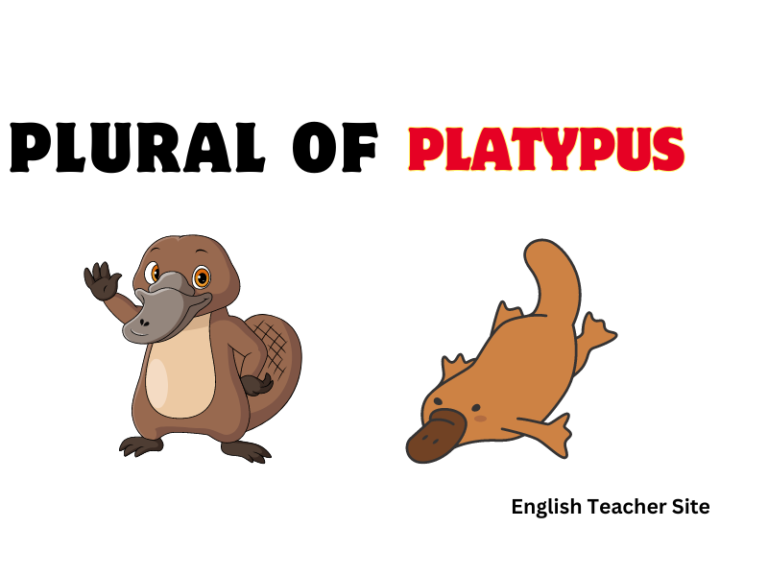What’s the Plural of Salmon: Understanding English Nouns

- “Salmon” retains the same form in both singular and plural.
- This irregular plural is common for certain animal names.
- The term “salmon” holds significant cultural and ecological importance.
One might not expect to stumble upon such curiosities as irregular plural forms. The word “salmon,” a term both familiar to diners and anglers alike, serves as a perfect example of such grammatical oddities. This particular noun’s plural form is often a source of confusion due to its nonconformity with standard pluralization rules in the English language.
What’s the Plural of “Salmon”?
Singular vs. Plural
| Singular | Plural |
|---|---|
| salmon | salmon |
Unlike regular nouns that add -s or -es to form the plural, “salmon” stays the same. This rule is consistent regardless of the context in which the word “salmon” is used.
Usage in Sentences
- I saw a salmon leaping upstream.
- There are five salmon in this river.
The word “salmon” as used in both sentences clearly illustrates that the noun doesn’t change form when referring to one or more of the fish.
Here are a couple more examples for comparison:
| Animal | Singular | Plural |
|---|---|---|
| deer | deer | deer |
| sheep | sheep | sheep |
Much like “salmon,” these nouns do not change form when they become plural.
Is Salmon Singular or Plural?
Here are some key points about the term “salmon”:
- Singular and plural forms remain the same: The term does not change whether referring to a single fish or multiple fish.
- Context determines meaning: The quantity of fish is usually clear through sentence context.
Examples of Usage:
- “I saw one salmon leaping upriver.” (Singular)
- “We spotted a school of salmon in the Pacific.” (Plural)
Count and Non-count Nouns
| Count Noun Usage | Non-count Noun Usage |
|---|---|
| When counted as individual fish | When referring to salmon as a type of food or species |
| “Three salmon were swimming upstream.” | “Salmon is rich in omega-3 fatty acids.” |
Determining Singular or Plural:
- Pay attention to modifiers in the sentence (e.g., one salmon, several salmon).
- Quantifying expressions may be used for clarity (e.g., a pair of salmon, schools of salmon).
Defining the Word “Salmon”
In English lexicon, the word “salmon” refers to a family of fish known for their unique life cycle, which includes freshwater birth, ocean life, and a return to freshwater to spawn. These fish are characterized by their pink to orange flesh, highly regarded for its taste and nutritional value.
Salmon is an interesting noun as it remains the same whether in singular or plural form. Often, nouns in English will change to indicate multiple quantities, commonly through the addition of an “s” or “es” at the end of the word. However, for some nouns, particularly those that are names of animal species, this rule does not apply.
| Singular | Plural |
|---|---|
| salmon | salmon |
Examples:
- A single fish: “A salmon is jumping upstream.”
- Multiple fish: “Many salmon migrate each year.”
This consistent form means that determining the singular or plural usage depends mostly on the context it’s used in rather than any change in the word itself. Here is a comparison showing the correct use of the term in different contexts.
| Sentence Using “Salmon” Singularly | Sentence Using “Salmon” Plurally |
|---|---|
| There is a salmon in the tank. | There are several salmon swimming upstream. |
| She caught an impressive salmon yesterday. | They have been tracking the salmon population. |
- Common use of “salmon”: seen in culinary and ecological discussions.
- Grammatical role of “salmon”: functions as both the subject and object in sentences.
Examples of “Salmon” Used in Context
In sentences concerning a single fish, one might say, “She caught a large salmon during her trip.” The emphasis here is on the singularity of the noun. Conversely, when referring to more than one of these fish, the sentence could be, “They saw several salmon leaping upstream.” Despite speaking about multiple fish, the word “salmon” does not change.
Single vs Plural Usage
| Singular Form | Plural Form |
|---|---|
| a salmon | salmon |
| one salmon | many salmon |
Sentence Construction with “Salmon”
| Singular Example Sentence | Plural Example Sentence |
|---|---|
| This salmon is fresh. | These salmon are migrating. |
| A salmon can live in both fresh and saltwater. | Salmon are known for their long migrations. |
- The chef prepares the salmon meticulously.
- During mating season, salmon travel great distances.
- The documentary focused on how salmon thrive in the wild.
Origin of the Word “Salmon”
The word “salmon” is etymologically rooted in the language history of English and French. Tracing its journey from Latin to Old French, and eventually to Anglo-French, the term has a storied past that reflects both cultural exchange and linguistic evolution.
Latin Origins:
The earliest recorded form of the word can be traced back to Latin, where salmo, the nominative form of salmonem, denotes the fish known today as salmon. This Latin term is speculated to derive from salire, meaning “to leap,” an action characteristic of salmon as they swim upstream during spawning.
Old French Influence:
Thereafter, the term evolved into Old French as salmun, before transitioning to the Anglo-French variant samoun.
Stability in Form:
Despite these changes, one notable aspect of the word is the stability of its form concerning number. Both singular and plural forms are represented by the same word—salmon. It is an example of an English word that does not change when pluralized.
| Language Stage | Term |
|---|---|
| Latin | salmo |
| Old French | salmun |
| Anglo-French | samoun |
My name is Khamis Maiouf. I am the creator of the English Teacher Site, dedicated to providing valuable resources and insights for students around the world. With a passion for education and a commitment to helping students enhance their skills, I aim to make English teaching more effective and enjoyable for both educators and students.






